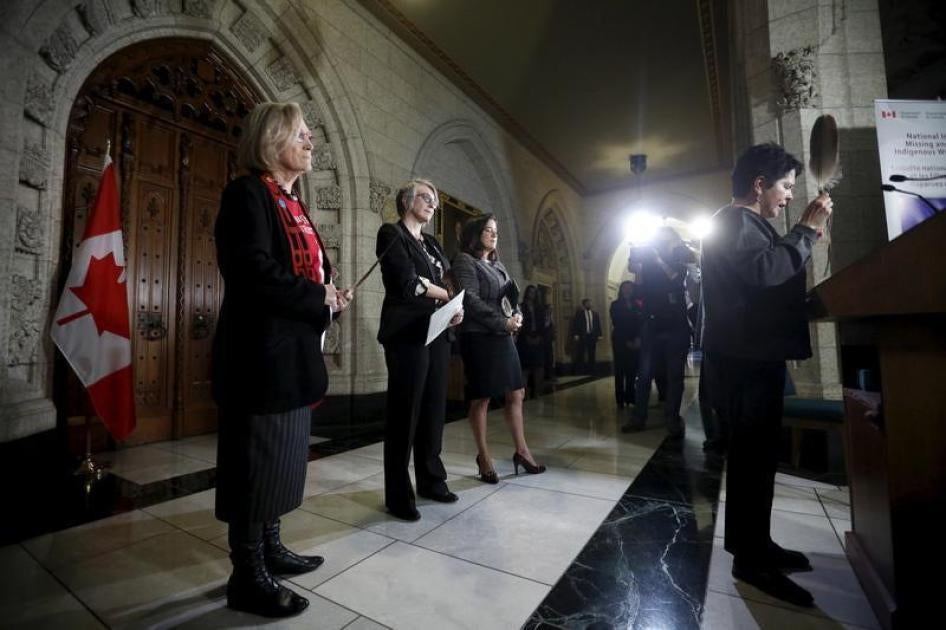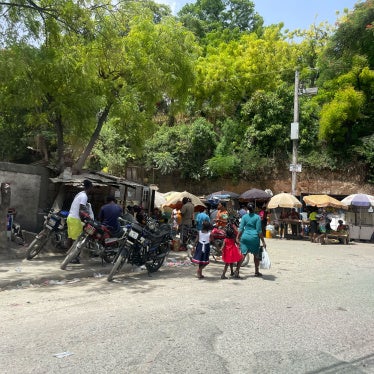Yesterday the Canadian government unveiled highly anticipated plans for a national public inquiry into the murders and disappearances of indigenous women and girls across Canada. Over two years and with a budget of $53.86-million (US $41.13-million), five commissioners will lead an inquiry into the complex roots of the problem.
Indigenous women and girls in Canada experience alarmingly high levels of violence. Although they represent just 4.3 percent of Canada’s female population, 16 percent of female homicide victims are indigenous. For too long, the government’s response to the violence has been glaringly inadequate – so much so that the United Nations called it a “grave violation” of the rights of indigenous women and girls.
The establishment of this inquiry has taken years of tireless and heart-wrenching activism by the families of the murdered and missing. It also reflects the sustained advocacy and leadership of the Native Women’s Association of Canada, the Canadian Feminist Alliance for International Action, and other indigenous and women’s rights advocates. Human Rights Watch has supported the call for an inquiry, including as the lead recommendation in our 2013 report on police treatment of indigenous women in northern British Columbia and in our advocacy efforts since. After documenting how indigenous women and girls were under-protected by the police in northern BC--as well as how some had experienced outright police abuse--we saw the urgent need for an independent, impartial inquiry.
At yesterday’s announcement, Minister of Indigenous and Northern Affairs Carolyn Bennett said that the inquiry would examine policing as part of its review. Minister of Status of Women Patty Hajdu acknowledged that racism and sexism are “embedded in the very institutions that are supposed to help and protect” indigenous women and girls. Disappointingly, the inquiry’s final terms of reference do not specifically mention policing. They refer instead to the “underlying social, economic, cultural, institutional and historical causes” of the violence and the “institutional policies and practices implemented in response.”
Further, the terms of reference instruct the commissioners to direct information about misconduct back to “appropriate authorities.” These are mechanisms that often result in police investigating police. This will be tremendously frustrating for families who have gone to these institutions before and gotten nowhere. It makes it all the more important that the inquiry take a close look at the need to reform police oversight bodies.
Holding police officers accountable for misconduct is essential for ensuring indigenous women and girl’s safety going forward.









